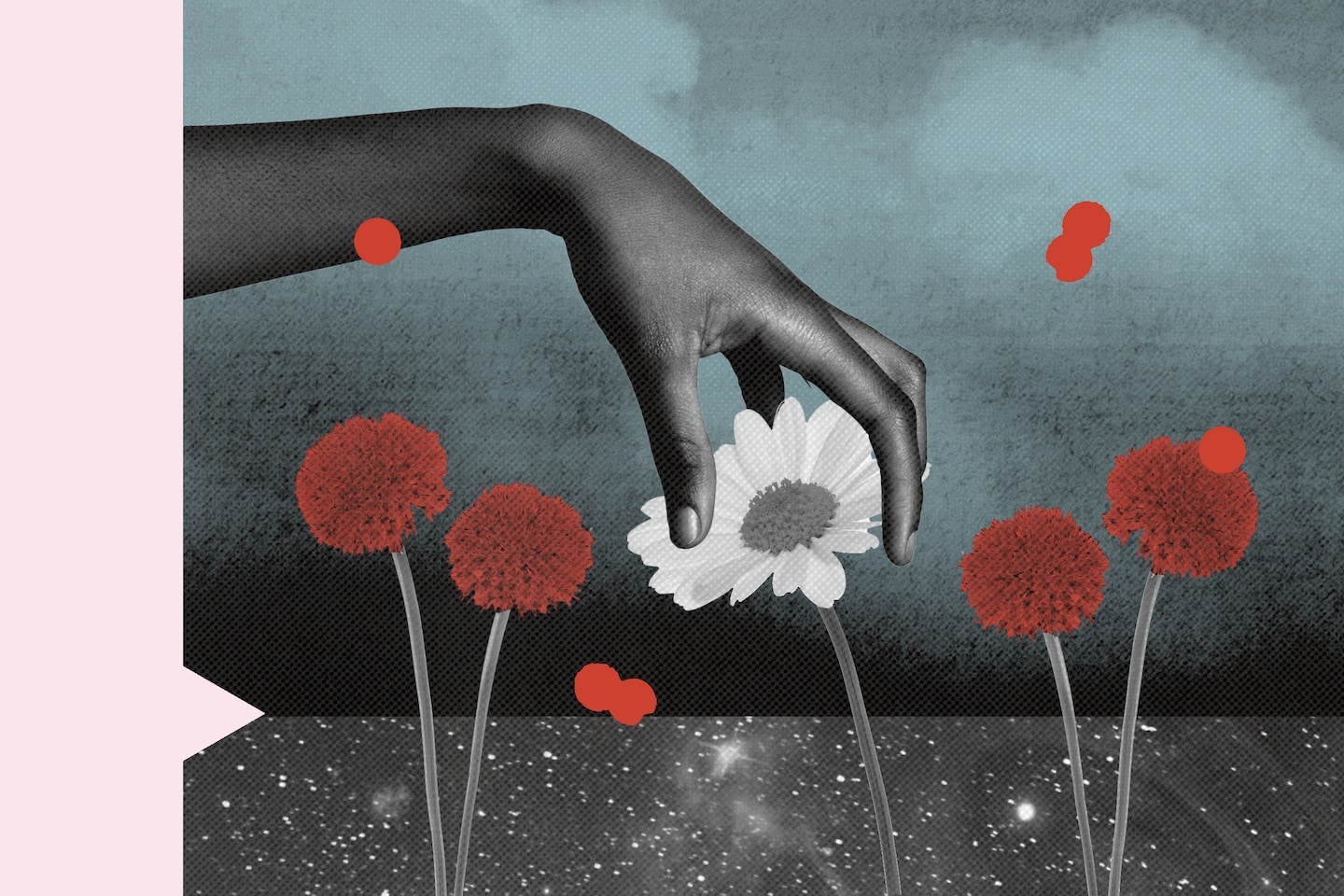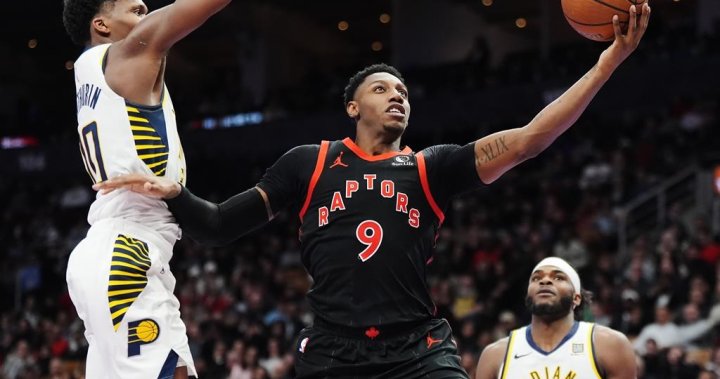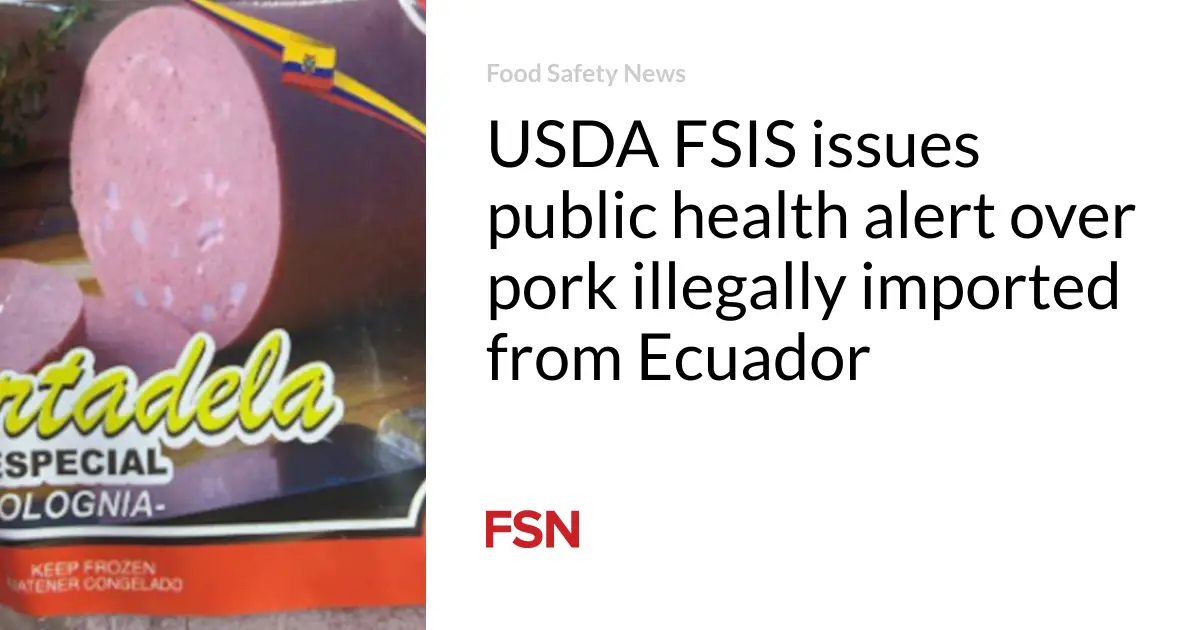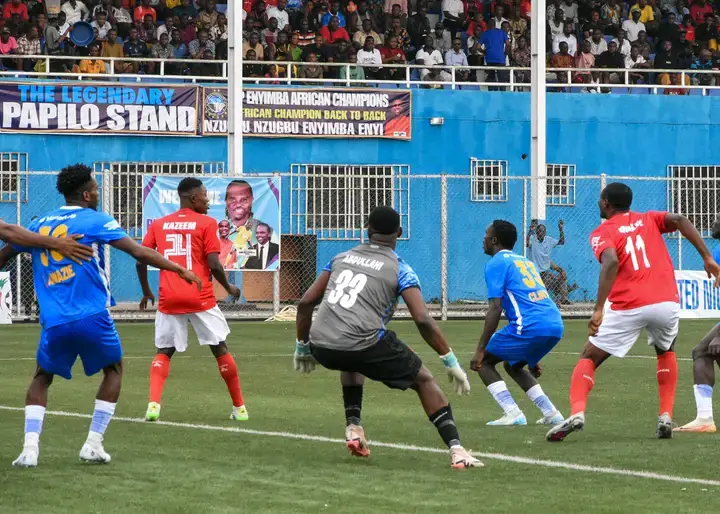
She is highly educated with several degrees, which make her an expert in teaching, communication, personal relationships and assertiveness skills. I’m only a practical nurse, so I just don’t have the vocabulary or communication skills to argue my case nearly as well as she can. In the end, I backed down, apologized several times for some unpleasant things I said or implied and sincerely praised her for making several good points.
I did all the backing down but she didn’t budge an inch. She neither apologized nor showed any sympathy for my position. Despite my sincere apology, I’ve ghosted her ever since because I really needed time to decompress and try to understand what happened. I had such trouble letting this go that I began searching the internet for information to — of course — support my side of the argument. To my shame and embarrassment, I learned that my behavior and vocabulary in this argument was textbook aggressive communication. Now that I know better, I am actively trying to learn to do better.
I feel too embarrassed and inferior to continue the friendship because I’m too ashamed to face her. Our shared hobby becomes more “publicly active” during the summer months, so I just don’t know what to do or say if I run into her at an event. How should I handle this?
Embarrassed: Whew. There’s a lot to unpack here! First, I wish I had more context on the original dispute so that I could weigh in on if you have any reason to feel as ashamed as you do.
But any friendship that makes you feel embarrassed or inferior — for any reason — isn’t a healthy one. There may be an imbalance in this power dynamic you are reinforcing by silencing and shaming yourself. We all make mistakes. We all say things we regret at times. There should be enough safe space cultivated in any healthy, decades-long friendship to allow for mistakes and misunderstandings to be handled with grace and mutual understanding. I hope you can extend that grace to yourself for not handling this situation initially in a way that you are proud of.
As a recovering codependent, take it from me that it’s important to watch out for any signs or patterns of self betrayal in your relationships. Not speaking up for yourself, walking on eggshells, deferring to the other person’s experience, perspective and feelings rather than honoring your own, and getting stuck in a shame spiral because you upset another person are all red flags that warrant deeper reflection. Especially in a friendship with someone that you describe as a “hobby friend,” implying it’s less intimate than other close friendships. Take some time to get to the root of why you don’t feel empowered enough in her presence to speak your mind and share your heart openly — even if it means sometimes you’ll get it wrong.
Another red flag that signals some imbalance in the dynamic is that you referred to yourself as “only” a nurse in comparison to her. You are an essential front-line worker who is just as educated but with different skill sets. Even if she had more education or happened to be a more skillful communicator than you, it doesn’t make her superior to you in any way. Nor does any of that preclude her from being capable of some humility in reconciling with a friend who has the courage to apologize and admit when they’re wrong.
People think of conflict as a bad or scary thing. But resolving conflict head-on can create the opportunity to build deeper connection, trust and intimacy, depending on how it’s handled. I have a friend who always says, “it’s not about the tear, it’s about the repair!”
I encourage you to find the courage to face your friend directly — not necessarily for her but for you — ideally before the summer season begins for your shared hobby. Ask her to coffee and lay out what you’ve learned since you spoke last that has left you with unresolved feelings. You can ask for her forgiveness and for her perspective on the best way to repair and move forward without any resentment. Let her know how much the friendship means to you and lay out that your intention is to clear the air around this lingering issue once and for all. She will either receive your apology with grace or not. But that’s not for you to control.
Whatever you do, please don’t let her or this internal conflict you’re feeling rob you of the joy you derive from your hobby. It is important that you forgive yourself and try to move on — whether she is able to or not.







